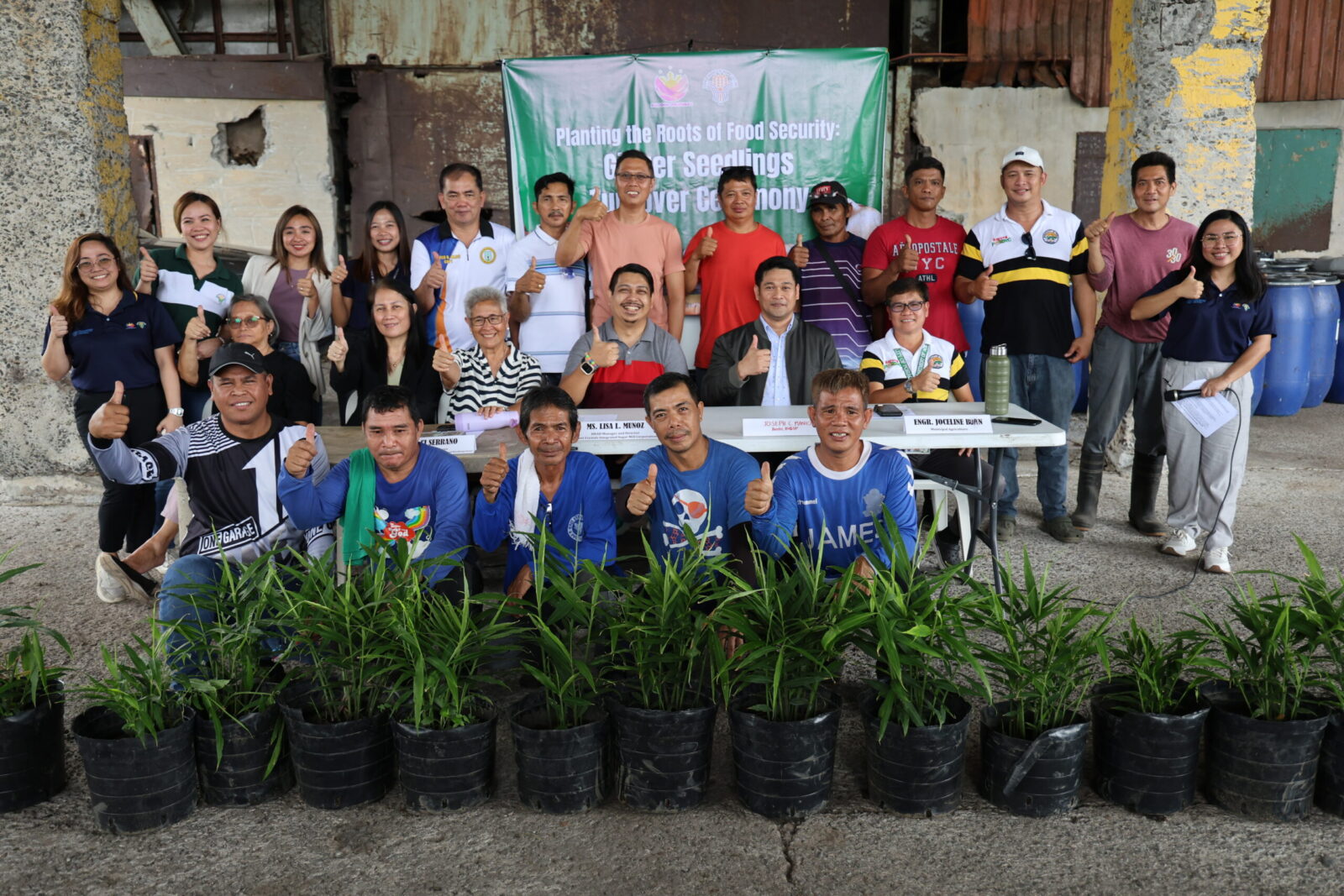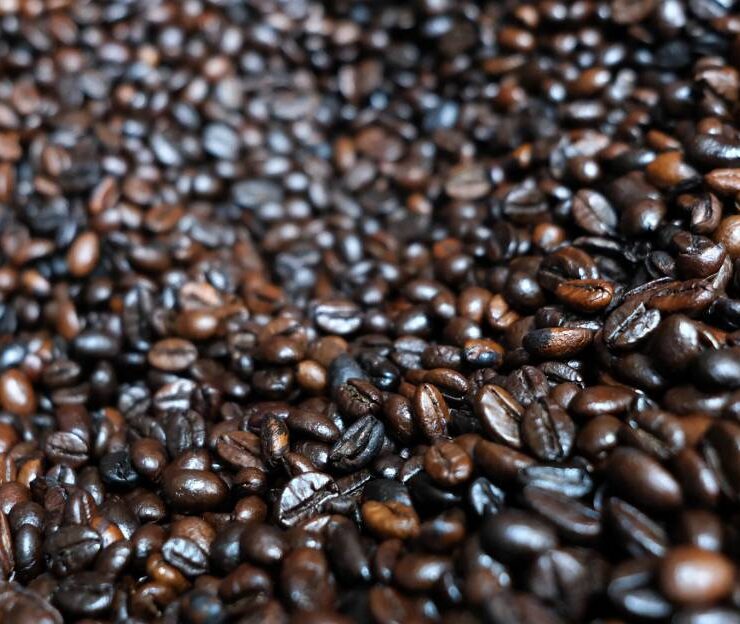DA pilots ginger seedling distribution in Pampanga

The Department of Agriculture (DA) distributed 100 pieces of high-quality, disease-free ginger seedlings to farmers in Pampanga as part of efforts to boost local yield and reduce dependence on importation.
“The pilot ginger seedling distribution in Pampanga is expected to serve as a model for strategic seed distribution, revitalizing agriculture in the municipality in close coordination with the local government unit, farmer groups and private sector partners,” the DA said in a statement.
The agency distributed ginger seedlings to farmers who are part of Sweet Crystals Integrated Sugar Mill Corp. and Manibaug Farm in Porac town.
During the seed distribution held recently, farmer-beneficiaries were trained on ginger planting, care for the seedlings and best practices for improving yield.
DA-High Value Crops Development Program director Joseph Manicad said the latest event signified the commitment of the government agency to bolstering domestic output.
“We are an import dependent country—like rice, we also import ginger. Our department has initiatives to increase our productivity in ginger and assist our farmers,” Manacad said.
Porac municipal agriculturist Joceline Buan noted that Pampanga is well-known to be a top-producing province in terms of ginger but of native varieties.
Ginger is used both for home cooking and food processing as a colorant or supplement. It may also act as an anti-cancer agent as well as treatment for various ailments such as colds, nausea and migraines.
The Philippines produced 29,153.73 metric tons (MT) of ginger in 2023, down by 1.3 percent from a year ago, based on figures from the Philippine Statistics Authority.
Ginger production reached 17,194.75 MT in the first six months of 2024, up by 8.9 percent.
It has steadily increased between 2019 and 2022, but declined last year.
The retail price of ginger in Metro Manila markets ranged from P130 to P350 per kilogram as of Wednesday, significantly higher than P100 to P200 per kg in the same period a year ago, based on the DA’s price monitoring.





















